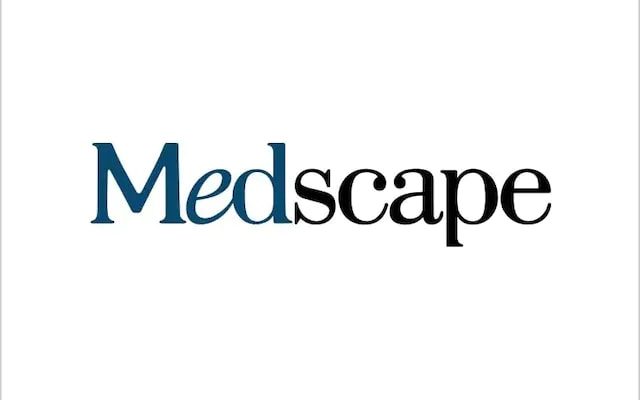Novartis Escapes Claim That It Paid Kickbacks to Promote MS Drug
(Reuters) – A federal judge on Tuesday dismissed, for the second time, a whistleblower lawsuit accusing drugmaker Novartis AG of paying kickbacks to doctors through a sham speaker program to promote its multiple sclerosis drug Gilenya.
U.S. District Judge Kimba Wood in Manhattan said former Novartis sales representative Stephen Camburn had not provided enough detail to support his claims.
James Miller of Miller Shah, a lawyer for Camburn, said he and his client would appeal to the 2nd Circuit and were confident the ruling would be reversed.
Lawyers for Novartis did not immediately respond to a request for comment. Gilenya was the company’s third-best selling drug in 2021, bringing in $2.8 billion worldwide out of $51.6 billion in total sales.
Camburn sued Novartis in 2013 under the False Claims Act, which allows whistleblowers to sue on behalf of the government and keep a share of any recovery. He claimed that Novartis paid doctors up to $3,500 to participate as speakers in purportedly educational speaker events to induce them to prescribe and promote Gilenya.
In fact, Camburn said, the events were social in nature, treating doctors to lavish dinners but providing no educational value. He said the program violated the Anti-Kickback Statute and False Claims Act by causing government health insurance programs to be billed for prescriptions tainted by kickbacks.
Wood in March 2020 dismissed an earlier version of the lawsuit for lacking detail, but gave him a chance to amend the case.
Camburn did so in May 2020, including alleged statements from confidential witnesses. Novartis claimed Camburn had misrepresented the confidential witnesses’ statements and sought sanctions. Camburn amended his complaint again in November 2021 under an agreement to address the company’s concerns, but still included some confidential witness statements.
One witness allegedly said that Novartis sales representatives were evaluated based on how many speaker programs they arranged; another, that he or she was warned not to speak of the company’s “return on investment” in writing in connection with the speaker program; and another, that his or her manager had openly stated that doctors prescribed more Gilenya after speaker programs.
Novartis moved to dismiss, arguing that Camburn still had not offered enough detail to support his claim of a fraudulent scheme. Wood agreed, finding that the witnesses’ claims were sometimes contradictory and not definitive enough to save his case.
Novartis in 2020 agreed to pay $729 million to settle similar whistleblower claims related to its speaker program and its diabetes and cardiovascular drugs.
For Camburn: Laurie Rubinow, James Miller and James Shah of Miller Shah
For Novartis: Evan Chesler, Benjamin Gruenstein and Damaris Hernández of Cravath, Swaine & Moore
Source: Read Full Article
